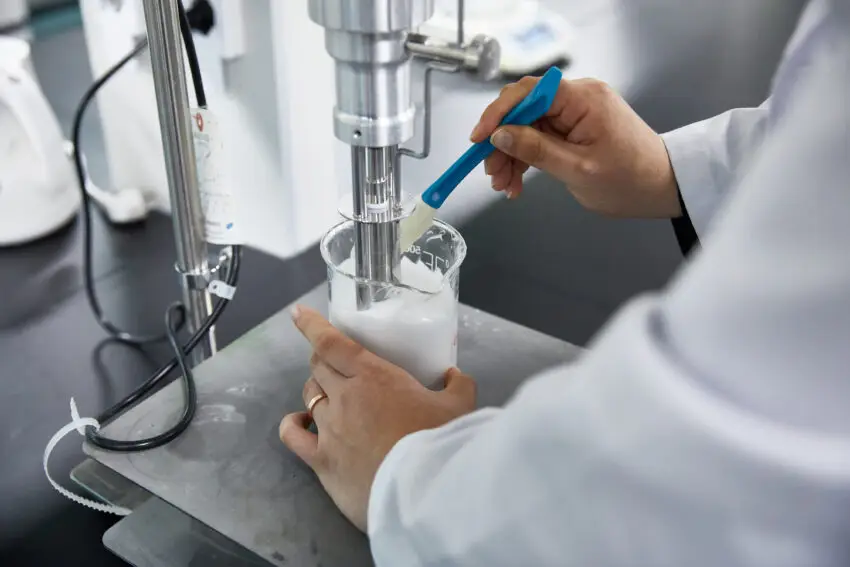In a move that has significant implications for innovation across the United Kingdom, HMRC’s stringent measures have resulted in a notable decrease in research and development (R&D) tax credit claims. The latest figures for the 2022/23 tax year reveal a 21% drop, with the number of claims falling to 65,690 from the previous year’s 83,240 claims.
Nikhil Oza, a partner at UHY Hacker Young, has attributed this decline to HMRC’s increasingly rigorous claim processing. Oza asserts that the intricate barriers now in place, including a time-consuming additional information form and a mandate for first-time claimants to notify HMRC in advance, are discouraging small businesses from seeking the tax relief to which they are entitled. Oza warns that HMRC’s overly cautious strategy aimed at eliminating fraudulent claims is inadvertently hampering legitimate growth businesses and stifling innovation.
This development is concerning for the broader economic landscape, as small and medium-sized enterprises (SMEs) are often at the forefront of innovation. The deterrent effect of complex claim processes could potentially slow down the progress of revolutionary new projects, which are crucial for maintaining the UK’s competitive edge on the global stage. Ensuring efficient processing of tax relief schemes is essential to encourage continuous innovation among UK businesses, thereby driving economic growth.
Oza further emphasises the importance of balancing fraud prevention measures with the need to support legitimate claims efficiently. He cautions against excessive bureaucracy that could further inhibit the UK’s already lagging R&D spending compared to international competitors. This cautious approach might have longer-term repercussions on the country’s innovation landscape, influencing not just the quantity but the quality of R&D outputs.
The HMRC crackdown has, therefore, brought to light critical issues that require immediate attention. The need for a streamlined process that supports genuine claims without sacrificing fraud prevention is paramount. This balance is essential to not only foster domestic innovation but also to ensure that the UK remains a formidable player in the global market.
The recent decrease in R&D tax credit claims underscores the delicate balance between preventing fraud and fostering legitimate innovation. It is crucial for HMRC to reconsider its approach, ensuring that while fraudulent activities are curtailed, legitimate businesses can continue to thrive and contribute to economic growth.

